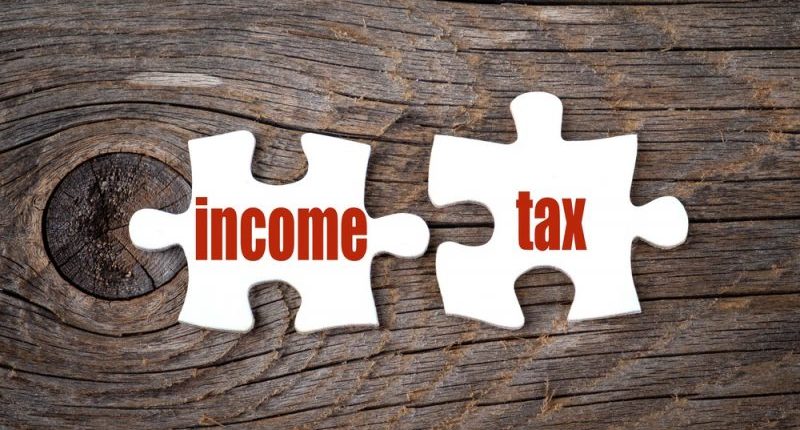Homeowners belonging to New Delhi’s unauthorised, but now legalised colonies, heaved a sigh of relief as the government has exempted them from paying income tax on their properties. The Central Board of Direct Taxes (CBDT) released a notification on the 29th of June 2020, stating that this exemption will come into force from the 1st of April 2020.
The notification would be applicable for AY 2020-21 and thereafter all subsequent years. It would exempt these homeowners from any tax liability which may arise under Section 56(2)(x) of the Income Tax Act. This move will apply to all those who had purchased land or houses at rates below the prevailing market prices.
These colonies were previously unauthorised, and hence the purchase of land or houses could have been done below the circle rates fixed by the government. Last year, the government legalised these housing colonies and gave homeowners in those colonies legal rights. Now, the government has extended an income tax exemption to those homeowners, thus exempting them from paying tax on the difference between the market value and the actual purchase price.
Also Read: Tax Query: What is the tax deduction available on interest on house loan for repairs?
Currently, under the income tax laws, tax is levied on the differential value between the Fair Market Value (FMV) and the actual purchase price. This applies only in cases where the actual purchase price is lower than the circle rate prescribed by the government.
In the case of these properties, they had been acquired a long time ago by the individuals but were regularised only recently. Hence, without this exemption, they would need to pay tax on the notional income calculated if the FMV on the date of regularisation was more than the purchase price of the property.
There were over 1,700 unauthorised colonies in New Delhi, which were legalised after the Parliament passed a law in December last year, permitting ownership rights to be given based on a power of attorney, will, possession letter or agreement of sale.
For any clarifications/feedback on the topic, please contact the writer at athena.rebello@cleartax.in

I’m a Chartered Accountant by profession and a writer by passion. ClearTax lets me be both. I love travel, hot tubs, and coffee. I believe that life is short, so I always eat dessert first. Wait.. life is also too short to be reading bios… Go read my articles!





